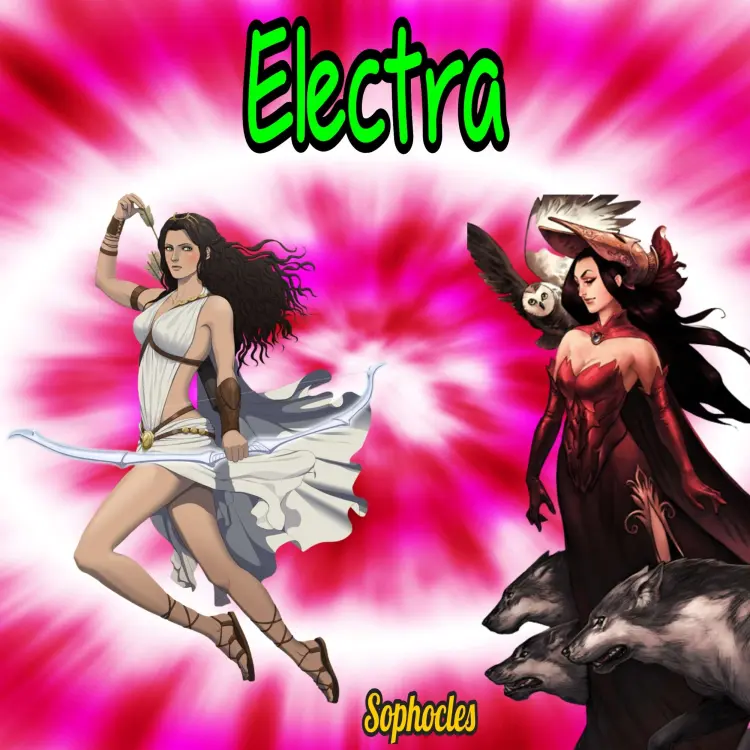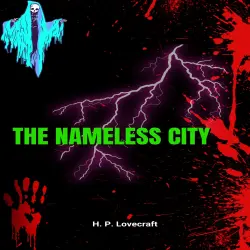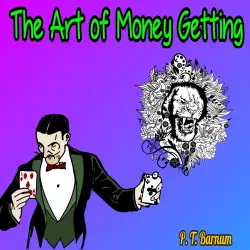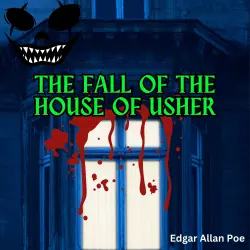
The Electra or Elektra
Sophocles
Unabridged
1 hora 24 minutos
Nota: La reproducción de los audiolibros o de las obras de audio en las respectivas plataformas, por ejemplo Spotify, puede generar gastos. Lismio no tiene ninguna influencia sobre qué audiolibros y obras de audio están disponibles en el servicio.
Algunos artículos contienen enlaces de afiliados (marcados con un asterisco *). Si hace clic en estos enlaces y compra productos, recibiremos una pequeña comisión sin coste adicional para usted. Su apoyo ayuda a mantener este sitio en funcionamiento y a seguir creando contenidos útiles. Gracias por su apoyo.
De la editorial
Electra, Elektra, or The Electra by Sophocles is a Greek tragedy by Sophocles. Its date is not known, but various stylistic similarities with the Philoctetes (409 BC) and the Oedipus at Colonus (401 BC) lead scholars to suppose that it was written towards the end of Sophocles' career. Jebb dates it between 420 BC and 414 BC.
Storyline:
Orestes arrives with his friend Pylades, son of Strophius, and a pedagogue, i.e. tutor (an old attendant of Orestes, who took him from Electra to Strophius). Their plan is to have the tutor announce that Orestes has died in a chariot race, and that two men (really Orestes and Pylades) are arriving shortly to deliver an urn with his remains. Meanwhile, Electra continues to mourn the death of her father Agamemnon, holding her mother Clytemnestra responsible for his murder. When Electra is told of the death of Orestes her grief is doubled, but is to be short-lived.
After a choral ode, Orestes arrives carrying the urn supposedly containing his ashes. He does not recognize Electra, nor she him. He gives her the urn and she delivers a moving lament over it, unaware that her brother is in fact standing alive next to her. Now realizing the truth, Orestes reveals his identity to his emotional sister.
She is overjoyed that he is alive, but in their excitement they nearly reveal his identity, and the tutor comes out from the palace to urge them on. Orestes and Pylades enter the house and slay Clytemnestra. As Aegisthus returns home, they quickly put her corpse under a sheet and present it to him as the body of Orestes. He lifts the veil to discover who it really is, and Orestes then reveals himself. They escort Aegisthus off set to be killed at the hearth, the same location Agamemnon was slain. The play ends here, before the death of Aegisthus is announced.
Storyline:
Orestes arrives with his friend Pylades, son of Strophius, and a pedagogue, i.e. tutor (an old attendant of Orestes, who took him from Electra to Strophius). Their plan is to have the tutor announce that Orestes has died in a chariot race, and that two men (really Orestes and Pylades) are arriving shortly to deliver an urn with his remains. Meanwhile, Electra continues to mourn the death of her father Agamemnon, holding her mother Clytemnestra responsible for his murder. When Electra is told of the death of Orestes her grief is doubled, but is to be short-lived.
After a choral ode, Orestes arrives carrying the urn supposedly containing his ashes. He does not recognize Electra, nor she him. He gives her the urn and she delivers a moving lament over it, unaware that her brother is in fact standing alive next to her. Now realizing the truth, Orestes reveals his identity to his emotional sister.
She is overjoyed that he is alive, but in their excitement they nearly reveal his identity, and the tutor comes out from the palace to urge them on. Orestes and Pylades enter the house and slay Clytemnestra. As Aegisthus returns home, they quickly put her corpse under a sheet and present it to him as the body of Orestes. He lifts the veil to discover who it really is, and Orestes then reveals himself. They escort Aegisthus off set to be killed at the hearth, the same location Agamemnon was slain. The play ends here, before the death of Aegisthus is announced.













